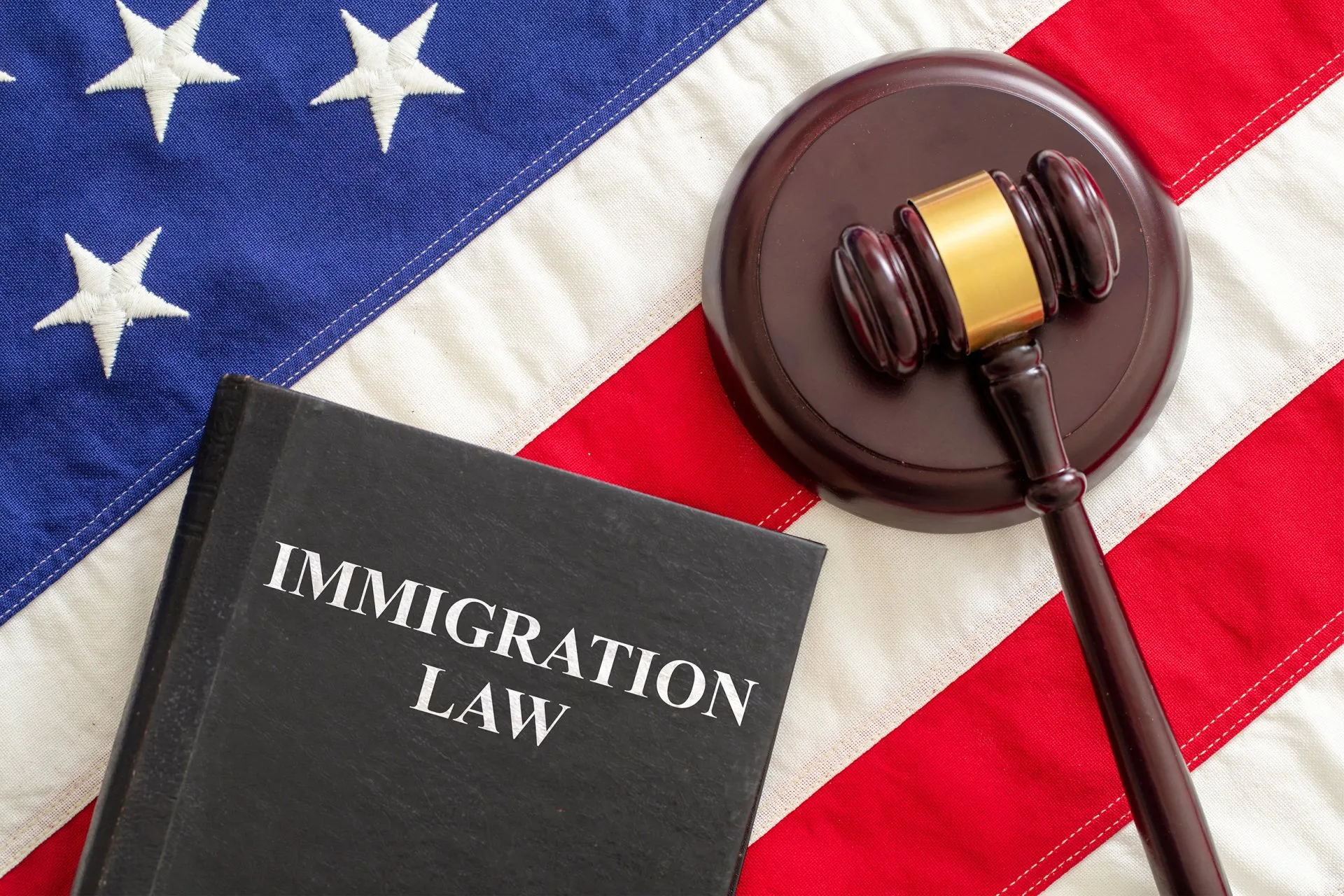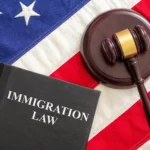
Immigration law in the United States is known for being detailed and highly procedural. Individuals pursuing visas, green cards, citizenship, or defending themselves in removal proceedings often discover that even small errors can cause significant delays or denials.
Having access to accurate legal guidance is especially important in a diverse city like Miami, where many residents are first—or second-generation immigrants.
This article explains how a Miami immigration lawyer can assist individuals and families through the U.S. immigration system. It is designed for readers who may be unfamiliar with legal terminology and focuses on clear, practical explanations.
The Complex Nature of U.S. Immigration Law
Immigration law involves federal rules and policies that determine who may enter, live, and work in the United States. These rules are administered mainly by the U.S. Department of Homeland Security (DHS), through agencies such as:
- U.S. Citizenship and Immigration Services (USCIS) – handles petitions, applications, and benefits such as visas and green cards.
- U.S. Immigration and Customs Enforcement (ICE) – manages detention and removal (deportation) processes.
- U.S. Customs and Border Protection (CBP) – monitors entry at borders and ports of entry.
Immigration law changes frequently, often influenced by new regulations, policy memos, and court decisions. Because of this, individuals without legal training may struggle to interpret requirements, complete forms accurately, or understand deadlines and evidence standards.
Why Local Legal Knowledge Matters
While immigration law is federal, the local environment plays a meaningful role. Miami has one of the highest concentrations of foreign-born residents in the United States. Local attorneys often have:
- Experience working with USCIS field offices located in South Florida,
- Knowledge of the region’s immigration court procedures,
- Familiarity with languages and cultural nuances common in Miami communities.
Working with an immigration lawyer in Miami can make the process more predictable because they understand how cases are evaluated at the local level and can tailor strategies accordingly.
Common Immigration Matters Handled by Attorneys
1. Family-Based Immigration
Many individuals apply for permanent residency (commonly known as a “green card”) through qualifying family relationships. These cases involve proving the validity of the relationship and meeting financial documentation requirements.
A Miami immigration lawyer can help:
- Determine whether a relationship qualifies,
- Prepare sponsorship forms and supporting evidence,
- Navigate consular processing for family members living abroad.
2. Employment-Based and Business Immigration
Miami is a commercial hub and global gateway to Latin America and the Caribbean. Companies in sectors such as hospitality, technology, healthcare, and logistics often recruit international talent.
Common employment-based processes include:
- Specialty occupation visas (such as H-1B),
- Investor or entrepreneur visas (such as E-2 or EB-5),
- Labor certifications for permanent workers.
Each visa category has unique eligibility rules and filing procedures, and an attorney can help applicants avoid errors and delays.
3. Humanitarian Immigration
Some individuals seek safety or protection under programs such as:
- Asylum,
- Temporary Protected Status (TPS),
- Violence Against Women Act (VAWA) self-petitions,
- U visas for certain crime victims.
These cases require detailed personal statements, supporting records, and adherence to strict filing deadlines. Proper legal guidance can ensure that evidence is presented clearly and respectfully.
4. Naturalization and Citizenship
Becoming a U.S. citizen involves an application, a biometrics appointment, and an in-person interview. Applicants must demonstrate continuous residence, good moral character, and knowledge of U.S. civics.
A Miami immigration lawyer can help applicants prepare for interviews and understand eligibility rules, such as how time spent outside the country may affect an application.
Understanding Removal (Deportation) Proceedings
When someone faces removal from the United States, the process takes place in immigration court before a judge. The individual has the right to present evidence and legal arguments but is not provided a government-funded attorney.
An attorney can:
- Analyze possible defenses,
- Prepare filings and motions,
- Represent the individual at hearings.
Because removal proceedings are formal legal matters with significant consequences, professional guidance plays a crucial role in presenting a strong case.
How Immigration Attorneys Support Clients Through the Process
Immigration cases often involve multiple steps, strict documentation standards, and deadlines. A qualified attorney:
- Reviews eligibility and identifies the most suitable immigration pathway,
- Ensures accuracy when completing mandatory forms,
- Helps gather and organize supporting evidence,
- Communicates with government agencies on the applicant’s behalf,
Prepares clients for interviews or hearings.
Working with an immigration lawyer in Miami is not just about filing paperwork—it’s about navigating a complex system with clarity and strategy.
Resources for Individuals Seeking More Information
For readers interested in learning more, the following reputable resources provide additional guidance:
- U.S. Citizenship and Immigration Services (USCIS) – Official government information on forms, eligibility, and processing times.
(Visit: uscis.gov)
- American Immigration Lawyers Association (AILA) – Provides educational materials and insights into immigration trends.
(Visit: aila.org)
These resources offer reliable information for individuals exploring their options.
Conclusion
Immigration law affects thousands of individuals and families in Miami each year. Whether someone is applying for a visa, seeking permanent residency, pursuing citizenship, or defending against removal, the process involves detailed analysis and careful preparation. A Miami immigration lawyer brings knowledge of federal law and familiarity with local procedures, making it easier for individuals to navigate the system confidently.
Understanding the process, the available immigration pathways, and the importance of thorough documentation can help applicants make informed decisions and avoid unnecessary obstacles.








